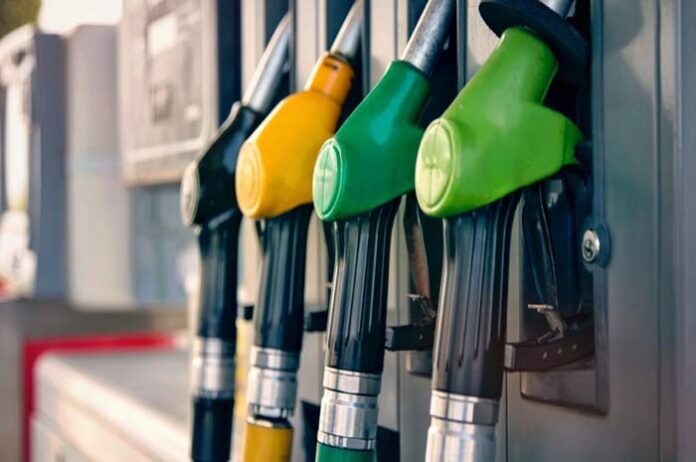ISLAMABAD: The oil industry has witnessed a cumulative decline of 19% in the first half of financial year 2023 compared to the previous year, according to data published by the Oil Companies Advisory Committee (OCAC). This is in line with an economic downturn the country has been going through, along with the fact that the government has been trying its best to reduce the import bill.
The highest decline in the industry was for the sale of residual fuel oil (RFO) at 24% compared to the first half of financial year 2022. RFO is used primarily in power production. This figure is closely followed by the sale of high speed diesel which witnessed a decline of 23% and petrol which declined by 15% when compared to the same period of the previous year.
Looking at the majority market share holders in the industry, Attock Petroleum Limited (APL) experienced the highest decline in its sale of RFO at 32% which was closely followed by market leader Pakistan State Oil (PSO) at 31% for the first half of the current financial year.
When comparing the monthly data for both companies, PSO, during December, went through a jaw-dropping 92% fall in its sales volume of RFO compared to the previous month. In contrast, APL only saw a decline of 27% compared to November.
Volumetric sales of diesel also declined across the industry for the most part except for Hascol which managed to increase its sales volume by 12% when compared to the first six months of the previous financial year. On a month-on-month basis, the company was able to achieve a remarkable increase of 89% in diesel sales.
The highest decline of 30% in the sale of diesel was experienced by Shell followed by APL at 23% and PSO at 14%. The demand for diesel – used in commercial and public transport – has been weak considering the sluggish state of the economy.
Similarly, petrol sales have also seen a dip across the board apart from Hascol which was able to increase its volumetric sales by 23% when compared to the first half of the previous financial year. However, the sales volume of December compared to November saw a decline of 14%.
State owned PSO took the cake again in the volumetric sales drop of petrol, recording a decline of 17% in the first half of the current financial year when compared to the same period last year. This figure is closely followed by Shell and APL which recorded declines of 13% and 12% respectively.
Why is there a decline in sales ?
Over the course of the previous year, prices of oil and consequently petroleum products have skyrocketed which has had a huge impact on the demand for these products globally. This has particularly affected domestic demand especially after considering the increases in levies and taxes on these products under an International Monetary Fund (IMF).
The economy is currently in one of its worst cycles as our foreign reserves continue to fall and inflation remains high.
While talking to Profit, Ammar Habib Khan an energy economist said, “as economic contraction materialises, and businesses are not able to import raw material and other goods, transportation of the same has gone down, which is reflected in reduction in HSD sales.”
Whereas for the decline in petrol sales, Khan said that, due to an increase in prices, the overall demand for the commodity has shrunk. This can simply be attributed to the fact that people are careful about their own consumption of petroleum products.
Additional reasons that have potentially contributed to the decline in sales are due to vacations at educational institutions which led to a decrease in demand. Fog in many areas of the country and the subsequent intercity travel restrictions it has caused has also decreased sales.
A senior source in the government told Profit that smuggling of Iranian diesel has also increased drastically which has a direct impact on the sales of domestic companies. According to the source, Iranian diesel can be found up north as far as Gujranwala currently.




